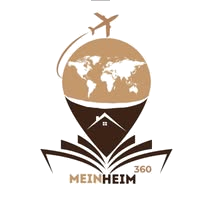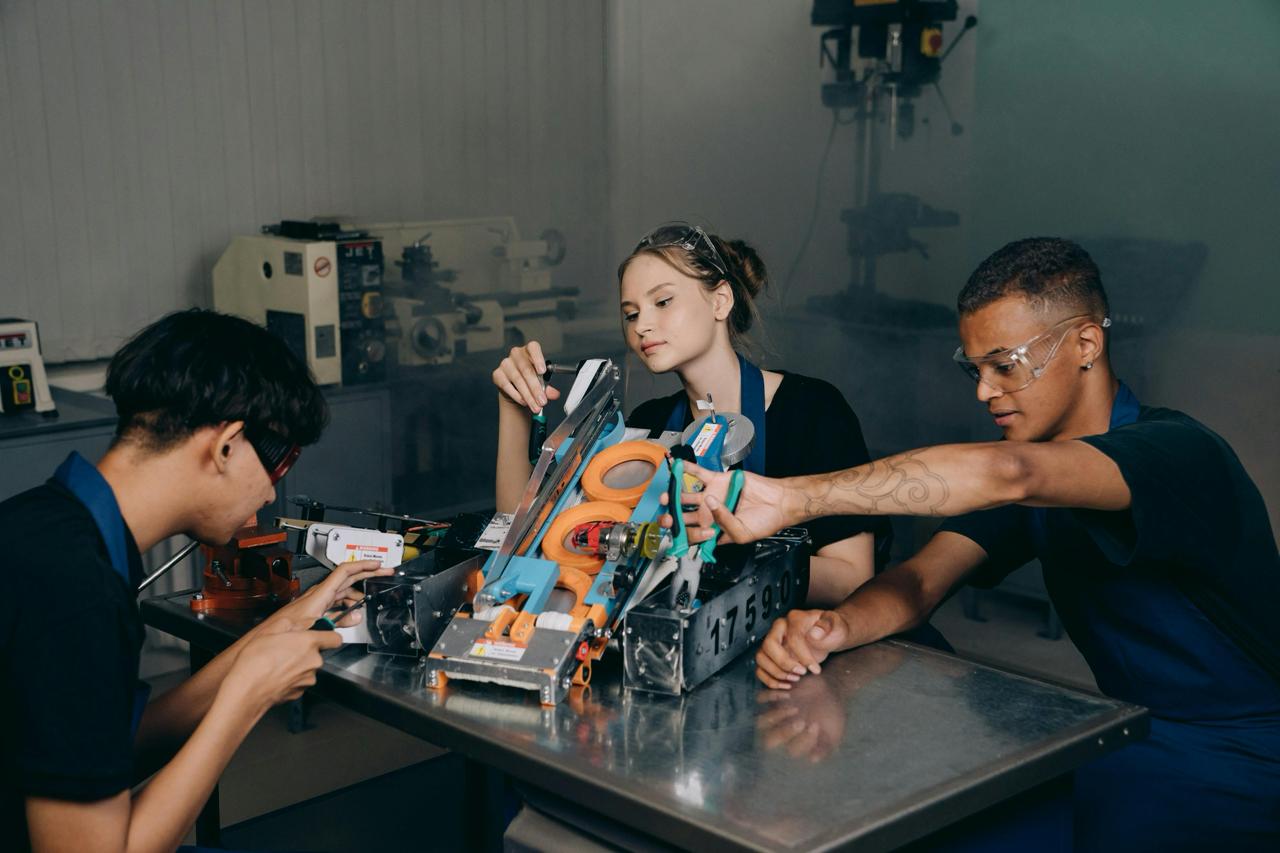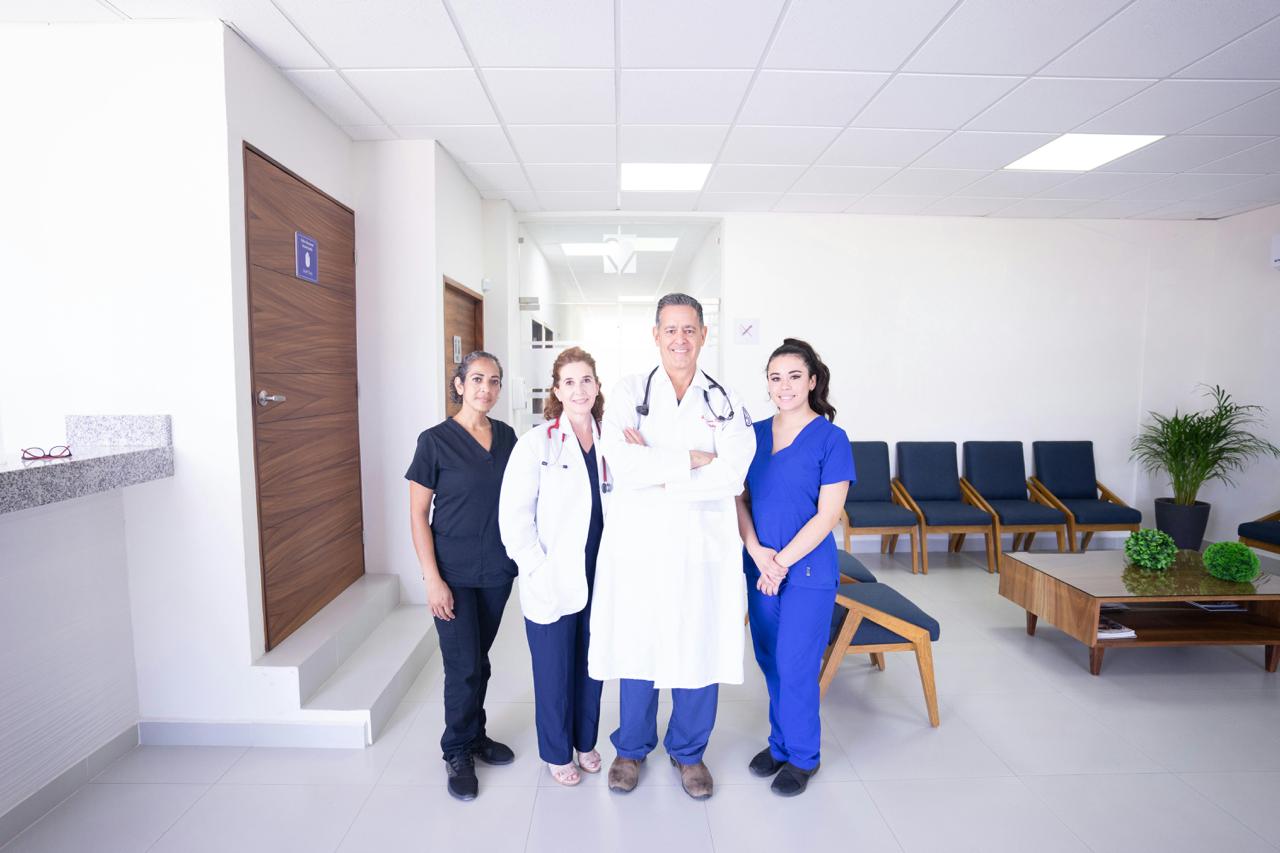


The Opportunity Card (Chancenkarte) is a new immigration program in Germany that allows skilled non-EU workers to enter the country for up to one year to search for a job. It uses a points-based system that considers qualifications, work experience, language skills, age, and ties to Germany. Applicants must meet certain criteria and have enough funds to support themselves during their stay. The card aims to attract qualified professionals to help address labor shortages in Germany.

The FSJ (Freiwilliges Soziales Jahr) is a voluntary social year in Germany for young people (usually under 27) to gain practical experience by working in social, healthcare, or educational institutions, such as hospitals, kindergartens, or elderly homes. It typically lasts 6 to 12 months and participants receive pocket money, food, accommodation (sometimes), and insurance. FSJ is a popular way to explore careers, improve language skills, and contribute to society, especially for both Germans and international youth.

Nursing Ausbildung in Germany refers to a vocational training program for becoming a qualified nurse. The official term is
"Ausbildung zur Pflegefachfrau / zum Pflegefachmann".
Key Features:
Duration: 3 years (full-time)
Structure: Combines school + hospital training
Language: Usually B1 full module or B2 (two modules)

Studying a master's degree in Germany offers high-quality education at both public and private universities. Public universities are often tuition-free or charge low fees, especially for EU students, while private universities typically have higher tuition costs. Most programs last two years and many are available in English, especially in fields like engineering, business, and IT. Admission requires a relevant bachelor's degree and language proficiency in English or German. Germany is a popular choice due to its affordable education and strong academic reputation.